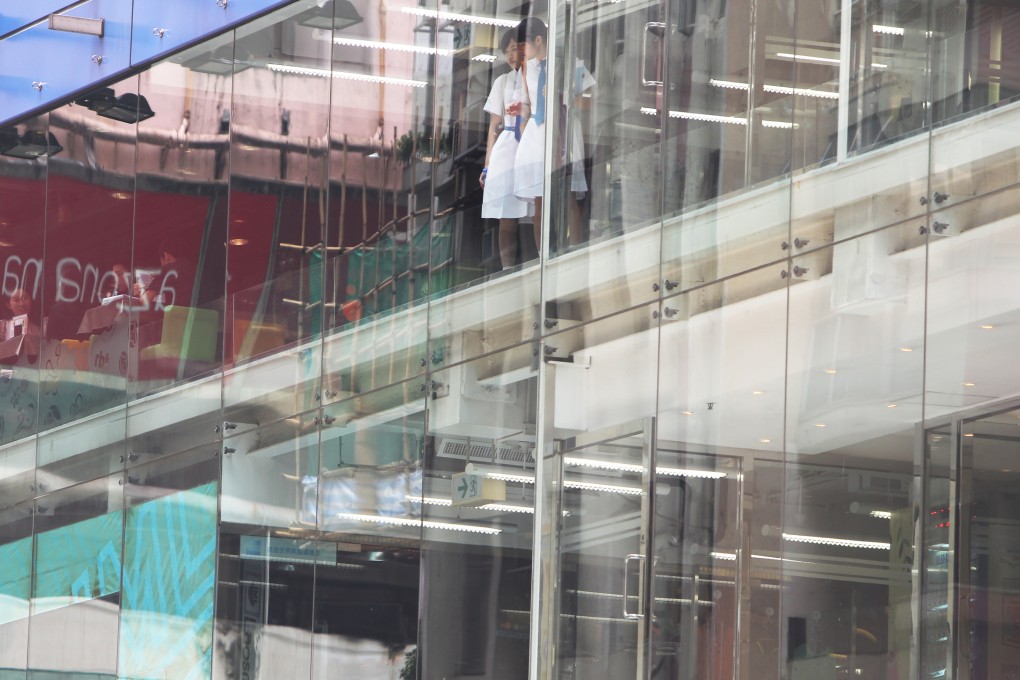Hong Kong needs to outlaw growing practice of upskirting
Su-Mei Thompson and Lisa Moore say Hong Kong must stamp out upskirting, an outrage based on the stereotype of women as sexual prey

Upskirting - the act of photographing or videoing up a woman's dress or skirt - has recently captured the limelight in Hong Kong. Although this sort of deviant behaviour is not new, the internet and social media have created a new set of concerns about sexual voyeurism, given the scope for images to go viral.
In Hong Kong, there were over 110 reported incidents of upskirting last year, up from the 78 reports in 2011 and 101 reports in 2012.
There is currently no law in Hong Kong that specifically addresses the secret taking of images. Offenders can potentially be prosecuted under loitering laws or public order laws, while the offence of outraging public decency is harder to prove.
While the rates of prosecution and conviction are generally very low, last year a property development company employee was jailed for three months for secretly filming people at a show home with a mobile phone hidden in a paper box. More recently earlier this year, an anaesthesiologist at Queen Mary Hospital who was caught filming upskirt videos of female students was put on 18 months' probation.
Other countries have been more resolute about passing legislation to outlaw upskirting. Earlier this year, Kyoto passed a newly revised ordinance banning surreptitious filming in public places. Australia and New Zealand are among the countries that have legislation specifically targeting upskirting.
However, even with direct legal protection, laws are often an inadequate means to tackle the issue, especially as recording devices used by tech-savvy perverts have become more sophisticated.